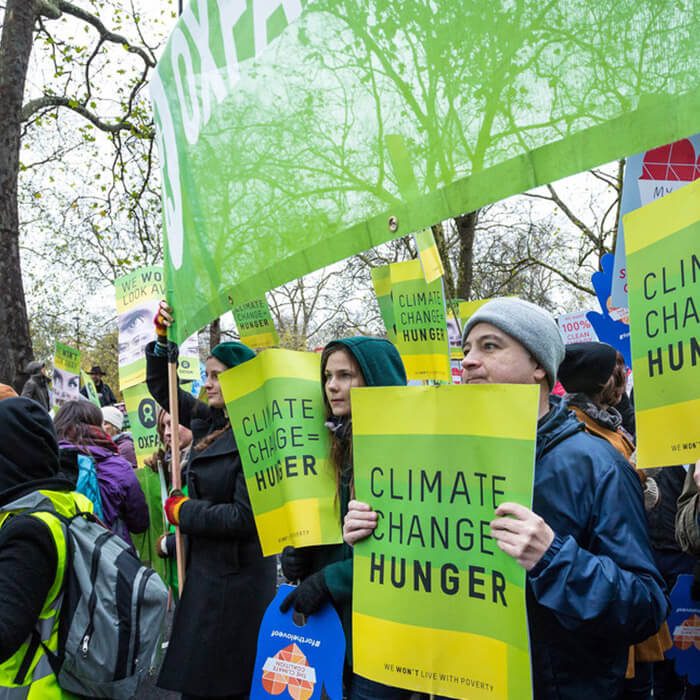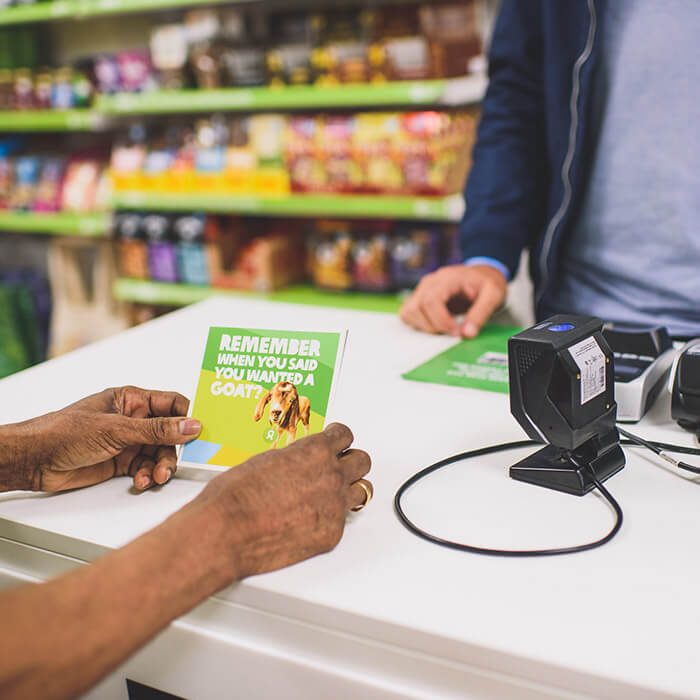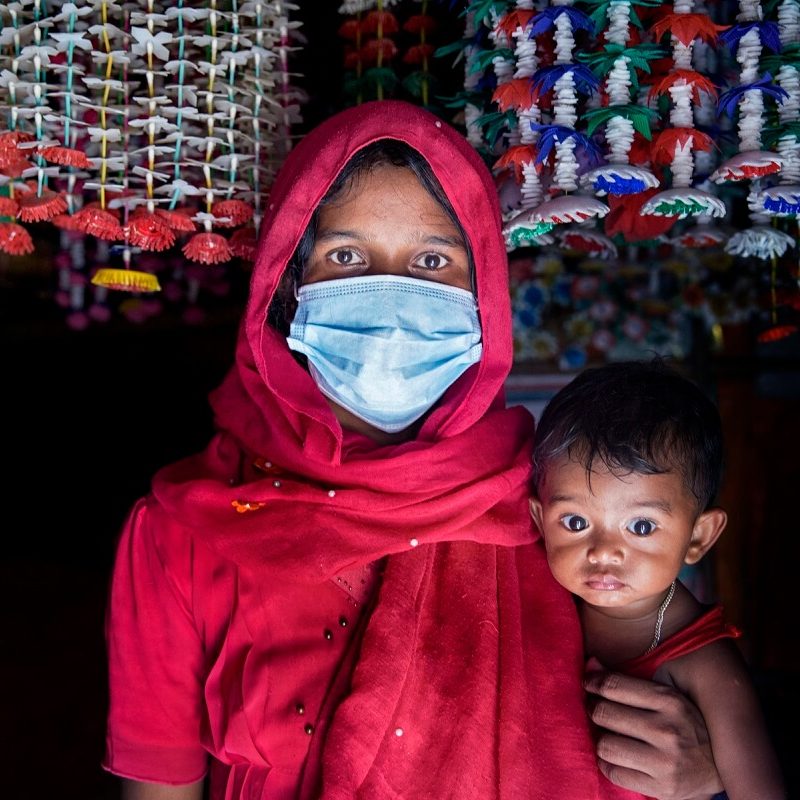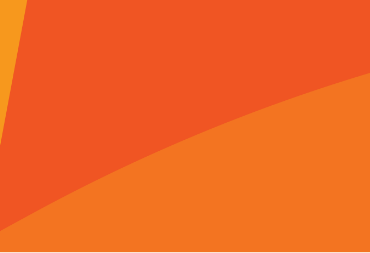Ending Global Poverty Begins With Women's Rights
Our Vision: A just and sustainable world
Our Mission: We fight inequality and patriarchy to end poverty and injustice
The Path towards Building a More Equal World Together
What We Do To Fight For Women's Rights
The gap between the rich and poor is widening. And the fact that someone is a man or a woman largely determines who will have power and who will be poor.
This is how we work to end inequality.
Violence against women and girls is one of the world’s most rampant threats and human rights violations, whether it’s at the hands of a stranger or a trusted sexual partner. It affects a woman’s physical, mental, emotional and financial health, and is a result of unequal power relations between men and women. Every woman should have the right to say no, regardless of her age, race, social or economic status. For a woman living in poverty, that right is rarely within her reach.
Change can only happen if we work together to end the cycle of violence.
Learn More About Our Work To End Violence Against Women And Girls
Imagine not having the freedom to decide if and when you marry and have children. Imagine being told that decisions regarding your body were not yours to make. Imagine not having access to contraception or the vital healthcare services you need during pregnancy and childbirth. This is everyday reality for many women living in remote and impoverished communities.
Working together to improve access to health services can save lives.
Learn More About Our Work on Sexual And Reproductive Health And Rights
Women worldwide are consistently assigned what is considered “women’s work,” are paid less for performing the same work as male counterparts, and carry the additional burden of unpaid care work that is expected in the home. When a woman is paid a fair and living wage, works in safe and decent working conditions, and has the ability to earn a fair and decent livelihood, she then has the power to lift herself, her family and her community out of poverty.
Together we are leveling the playing field so the economic system works for everyone.
Poverty exists in the world largely due to an imbalance of power. And in many of the spaces where power presents itself – government, organizational structures, inside homes – women’s voices are most often absent. All around the world, women’s voices are not at the table where decisions are made that affect their everyday lives.
Our work in women's transformative leadership embodies human rights, gender equality, participation, consultation and respect for dignity, so that women and men are creating policies and practices together that are transformative, lasting and sustainable.
Investing in projects that break unequal power dynamics transforms entire communities.
Learn More About Our Work Toward Women's Transformative Leadership
Responsible humanitarian response is more than delivering aid. In conflict and disasters, people have a wide range of urgent needs, including basic necessities like clean water, food and shelter, but also safety from the violence and abuse that can flourish in crises. The risks faced by women, men, girls and boys in emergency situations are very different. We are known for our expertise in meeting different gender needs in ways that promote equality and save lives in humanitarian responses.
Today’s economic models have failed the world. Flawed and sexist, they have exacerbated a climate crisis that is destroying millions of lives and livelihoods. Extractive economic models are driving a global climate crisis that is changing our planet forever, and forcing an ever-growing number of people from their homes. This can mean loss of livelihoods, ecosystems, identity and well-being in the countries that are the least responsible, but the most impacted by climate change.
We recognize the interconnection between climate change, inequality and humanitarian crises, and we advance solutions that consider that full picture.




